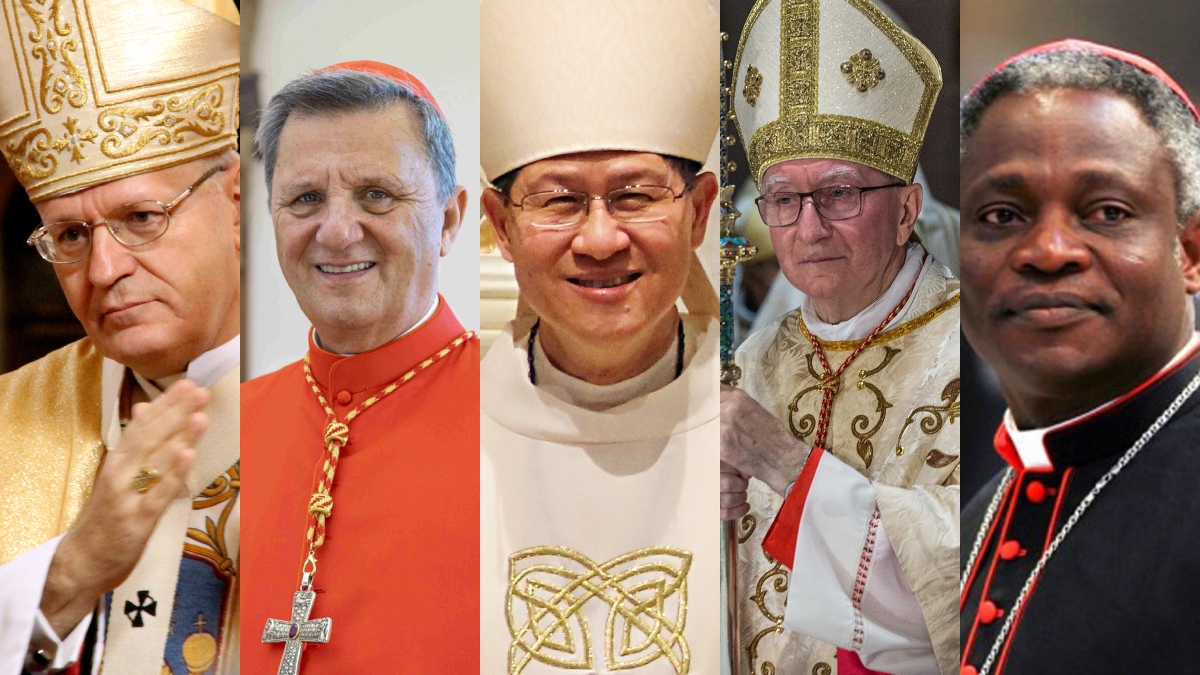Following the passing of Pope Francis at age 88, the Roman Catholic Church enters a period of reflection and transition. As the College of Cardinals prepares for the next conclave, attention turns to possible successors who may steer the Church into a new era. Several prominent figures from around the world are emerging as potential candidates.
Péter Erdö (Hungary)
Aged 71, Erdö has long been seen as a serious contender. Appointed cardinal in 2003 by Pope John Paul II, he brings deep roots in canon law and theology. Erdö previously served as president of the Council of Bishops’ Conferences of Europe and is noted for his efforts to strengthen ties with the Orthodox churches. While admired for his intellect and leadership, he is considered a conservative and opposed the idea of allowing divorced and remarried Catholics to receive communion. His support for the traditional Latin Mass also contrasts with some of Francis’s reforms.
Mario Grech (Malta)
At 68, Grech is viewed as one of the most influential figures shaped by the Francis papacy. Appointed cardinal in 2020, he currently serves as Secretary-General of the Synod of Bishops and has been instrumental in shaping recent global consultations on Church reform. A native of Gozo, Malta, Grech is known for his canonical expertise and his pastoral sensitivity. Though some see him as too closely aligned with Francis’s progressive vision, others view him as a bridge-builder for the Church’s evolving identity.
Pietro Parolin (Italy)
The 70-year-old Vatican Secretary of State is perhaps the most powerful man in the Church after the pope himself. A skilled diplomat, Parolin has spent decades in the Holy See’s diplomatic service, fostering relationships with countries like Venezuela, Vietnam, and Cuba. Appointed cardinal in 2014, he’s credited with maintaining Vatican diplomacy during turbulent times. Though respected for his loyalty and efficiency, critics point to his lack of direct pastoral experience and political maneuvering as possible drawbacks.
Robert Sarah (Guinea)
At 79, Cardinal Sarah is among the oldest eligible candidates but still a strong voice for traditionalists. Known for his firm stance on liturgical practices and conservative theology, he represents Africa’s rising influence in the Catholic Church. His leadership has inspired many faithful, though his opposition to many of Francis’s reforms may polarize voters in the conclave.
Luis Antonio Tagle (Philippines)
Tagle, 67, is seen as a charismatic and compassionate figure. He previously served as Archbishop of Manila before taking on the role of Prefect for the Evangelization of Peoples. Known for his emotional homilies and deep theological insight, he has earned comparisons to Pope Francis for his humble leadership style. As one of the few Asian cardinals in the Roman Curia, his election would signal a historic shift towards Asia in Church leadership.
Peter Turkson (Ghana)
Now 76, Cardinal Turkson is respected for his advocacy on social justice and climate change. A former head of the Vatican’s Dicastery for Promoting Integral Human Development, he brings a progressive voice on global issues. While he once was seen as a frontrunner in the 2013 conclave, some believe his influence has waned in recent years.
Matteo Zuppi (Italy)
At 69, Zuppi is one of Italy’s most admired cardinals. As Archbishop of Bologna and a key figure in the Community of Sant’Egidio, he has led peace negotiations in Africa and advocated for marginalized communities. With a pastoral heart and a reform-minded vision, Zuppi appeals to those looking for continuity with Francis’s social focus but with a more pragmatic approach.
As the world mourns the passing of Pope Francis, the next conclave will not only elect a new spiritual leader but will also determine the direction of the Church in the years to come—whether it continues on the path of reform, pivots to tradition, or forges a new route altogether.






